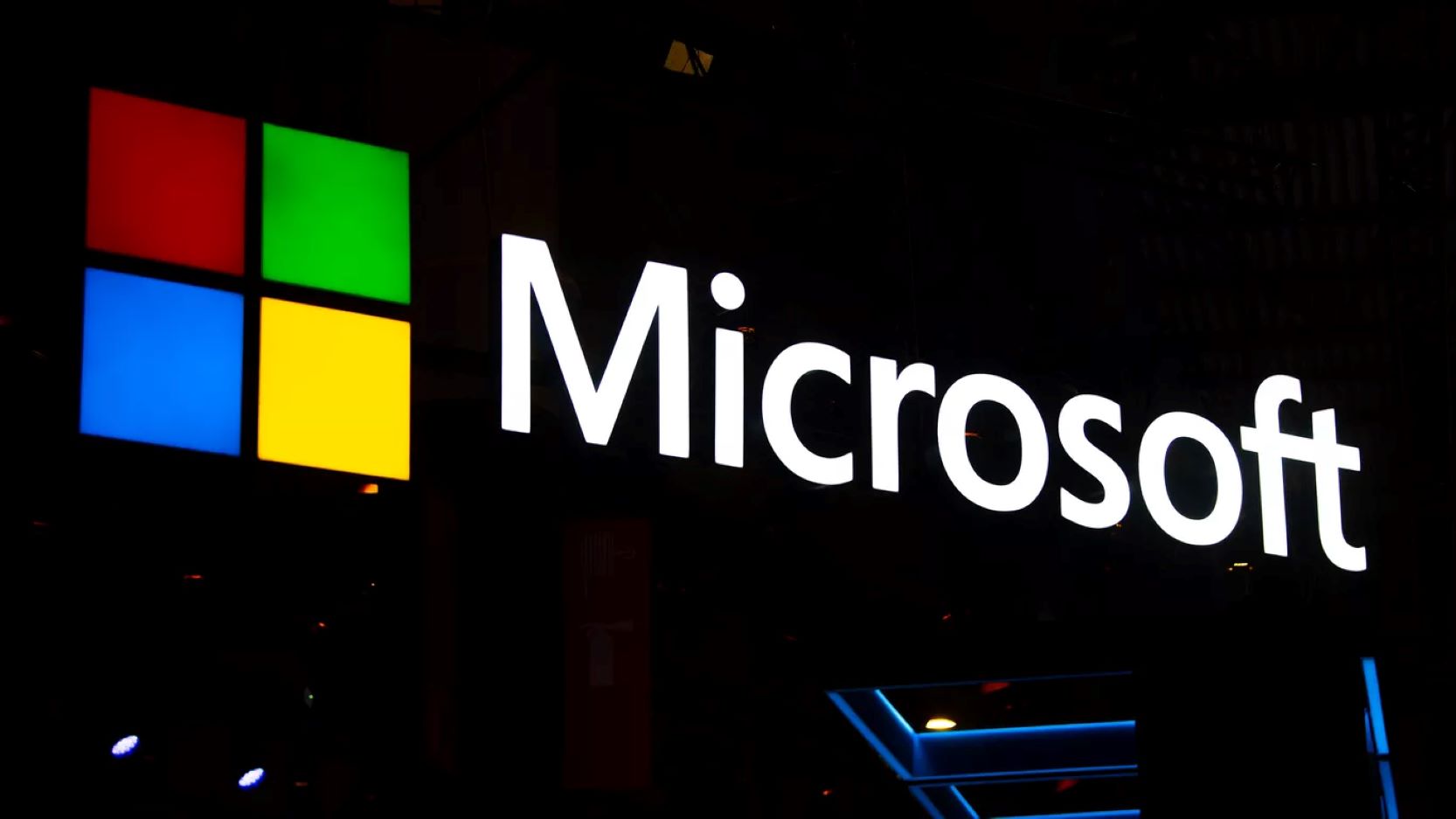Microsoft’s shares are under pressure, heading for their longest continuous decline in more than a decade. The company’s stock has fallen for seven straight trading sessions, marking a stretch of losses not seen since 2011. This decline comes as investors begin rethinking the rapid rise of technology stocks, much of which had been driven by excitement over Artificial Intelligence. The pullback suggests that some investors are locking in profits after what’s been a particularly strong year for the software giant.
Key Takeaways
- Microsoft stock is experiencing its longest losing streak in over 14 years, dropping for seven consecutive days.
- The decline appears tied to a broader cooling of the “AI trade” that previously lifted tech valuations.
- Many investors seem to be taking profits after the stock’s substantial gains over the past year.
- Concerns about the steep costs of building AI infrastructure are also influencing market sentiment.
Over the last couple of years, Microsoft has been one of the market’s standout performers. Its major investment in OpenAI, the creator of ChatGPT, positioned it right at the heart of the AI boom. The company quickly introduced AI features under the “Copilot” brand across its key products, Windows, Office, and Bing, which helped fuel a massive rally in its share price. At one point, it added hundreds of billions of dollars to its market value, as investors placed strong bets on Microsoft leading the next big technological wave.
But now, this recent selloff seems to signal a shift. Analysts suggest that the early-phase enthusiasm, often labeled the “AI trade,” is starting to lose momentum. Investors are moving from speculation to a more measured approach, waiting to see if these AI initiatives can actually deliver sustained profits.
Interestingly, the recent decline isn’t tied to any single piece of bad news from Microsoft. Instead, it reflects broader market anxiety. After such a powerful rally, many experts had warned that big tech valuations were stretched. Microsoft, being part of the “Magnificent Seven” group of large US tech firms that powered much of the market’s rise, is now under renewed scrutiny. Some investors are asking whether the current prices truly reflect the company’s near-term earnings potential.
Another factor weighing on sentiment is the cost of AI infrastructure itself. Building and maintaining the advanced data centers required to support these systems is extremely expensive. Microsoft has pledged billions of dollars toward expanding its Azure cloud network to handle growing AI workloads. While such investments are crucial for long-term competitiveness, some shareholders worry that the high capital spending could limit short-term profitability.
The pullback isn’t unique to Microsoft. Other major technology stocks have also felt the strain, and the Nasdaq-100 index, which leans heavily toward tech, has been under similar pressure. The last time Microsoft experienced a comparable losing streak was back in 2011, a very different time for the company, long before its cloud transformation and AI pivot.
Despite the current setback, most analysts maintain a broadly positive long-term view. Microsoft’s AI strategy is still considered one of the strongest in the industry. Yet, the current performance serves as a reminder that markets often need to pause and recalibrate. Investors seem to be transitioning from pure excitement to a more cautious phase, waiting to see exactly how, and when, these massive AI investments will translate into tangible revenue growth and real profits.
Frequently Asked Questions (FAQs)
Q. Why is Microsoft’s stock (MSFT) going down?
A. The stock is declining due to a combination of factors, including a general cooling of investor excitement for AI stocks, profit-taking after a long period of gains, and concerns over the high cost of developing AI technology.
Q. What is the “AI trade” in the stock market?
A. The “AI trade” refers to the trend of investors buying stocks of companies (like Microsoft, Nvidia, etc.) that are heavily involved in Artificial Intelligence, believing they will profit from the new technology.
Q. Is the AI bubble bursting?
A. It is too early to say if a “bubble” is bursting. The recent selloff suggests investors are becoming more cautious about high valuations and are now looking for proof of sustainable profits from AI, rather than just buying on excitement.
Q. How does Microsoft’s partnership with OpenAI affect its stock?
A. The partnership with OpenAI has been a major positive for Microsoft’s stock, as it gives Microsoft access to leading AI technology (like ChatGPT) to integrate into its products. However, the high costs associated with this advanced AI are also a factor investors are watching.
Q. What are analysts saying about Microsoft’s future?
A. Most market analysts remain positive about Microsoft’s long-term future, especially in cloud computing (Azure) and AI. They see the current decline as a short-term correction rather than a fundamental problem with the company’s strategy.






